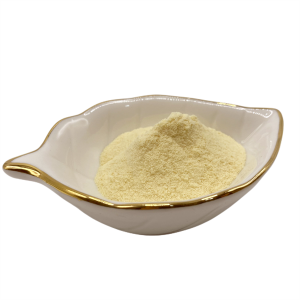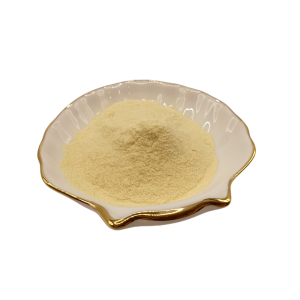Yes, plants do need protein to grow. Here’s how it works:
Amino acids as building blocks: Proteins are made up of amino acids, which are essential for various physiological functions of plants. Although plants can synthesize their own amino acids from simple inorganic compounds, they still need these amino acids to build proteins.
Function of protein: Protein plays vital roles in plant growth and development, including:
 |
Enzyme reactions: Many proteins act as enzymes, catalyzing biochemical reactions necessary for metabolism, photosynthesis, and respiration. |
Structural components: Proteins are the building blocks of cell and tissue structure, making up cell walls, membranes and overall plant structure.
 |
Transport and storage: Some proteins are involved in the transport of nutrients and water within the plant, while others act as storage proteins that provide amino acids during growth. |
Protein synthesis: Plants synthesize proteins from amino acids they produce or absorb from the soil. This process is essential for plant growth, development, and response to environmental conditions.
In summary, while plants do not require pre-formed proteins from external sources, they do require amino acids to synthesize their own proteins, which are essential for their growth and overall health.
For more information, please feel free to contact us:Info@g-teck.net
Post time: Nov-28-2024




